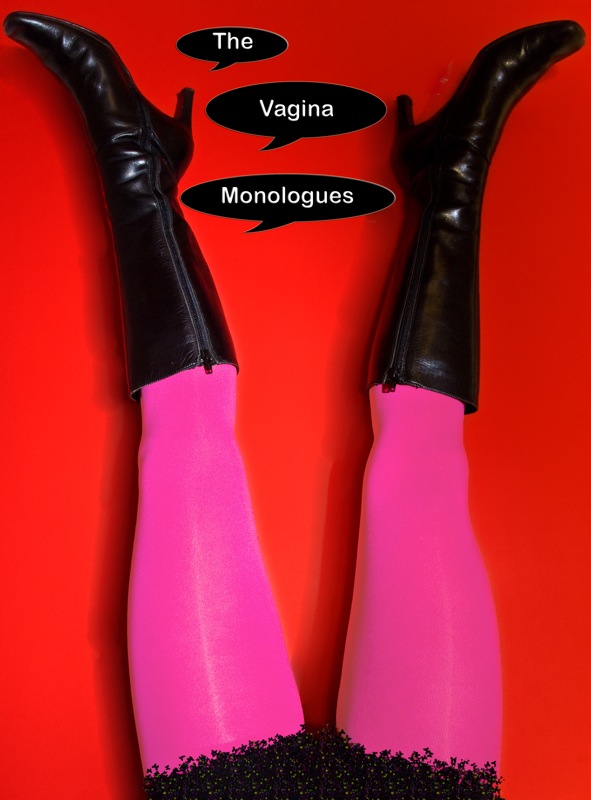If your vagina could talk, what would it say? How would it dress? The word ‘vagina’ conjures up infinite complex concepts and issues such as body, culture, sexuality, love and repression.
Eve Ensler, the American playwright, feminist and activist, had those questions in mind. Her interest in women’s experiences led her to meet 200 women from around the world. Based on their accounts, Ensler penned the now-famous play, The Vagina Monologues. Ensler subsequently started V-Day, a global non-profit movement to support groups around the world that aim to put a stop to violence against women.

The Vagina Monologues has been performed for six consecutive years at Concordia. This year’s production is put together by theatre students in association with the CSU, Volunteers in Action and the Theatre Department. The Concordian sat down with the cast and crew to find out more about the 2014 production.
At the helm is Emily Schon, who has been part of the play for three years — first as actor and then as director. When asked why she participated, three times now, in the production, Schon explained that she’s “passionate about the issues in the play,” adding that the play asks rough questions, making it a powerful tool that helps people to grow by providing an education.
The 90-minute play focuses on the experiences of “people who have vaginas,” according to Schon. Some of the pieces are on topics that affect everyone: shame, vulnerability, honesty and truth.
For Schon, the show is certainly about feminism. The play was written in the 1990s, which was a very particular era in American culture and feminist history, known as third-wave feminism. It was during that period that the American punk rock movement, Riot grrrl, was initiated; Take Our Daughter to Work Day was introduced; and the 1994 Violence Against Women Act became instituted.
Although the text draws on events from another time, the issues are quite contemporary: sexual assault, corporatization of the body and body hair, for example.
“[The play] is an exploration of feminism, it speaks about feminism past and how we engage with it. As a cast, we talk about feminist present and the exciting part is saying: ‘where do we need to go now,’” said Schon.
While the 13-member cast is mostly comprised of theatre students, two actors are not formally trained.
“[Having non-actors in the cast] changes how actors interpret the text. I can put an artistic practice and vision, while recognizing and learning from the others’ artistic visions of the room.”
The cast and crew will have themselves a 360 degree angled room to explore with. The circular stage within the arena-like room at Café Cleopatra (where they will be holding their second performance), provides an intimacy — even unity.
Schon says the audience “can expect to come [on] a journey with us to celebrate, ask questions, be angry and to feel a wide range of feelings and hopefully meeting together — coming together gives a sense of empowerment.”
As the interview came to an end, the cast and crew were asked for one word that describes the play. A flurry of adjectives descended: “empowering”; “mind-blowing”; “transformative”; “beautiful”; “honest”.
The Vagina Monologues will be presented on March 2 at 8 p.m. in the DB Clarke Theatre and on March 8 at 8 p.m. at Café Cléopatra (18+).




